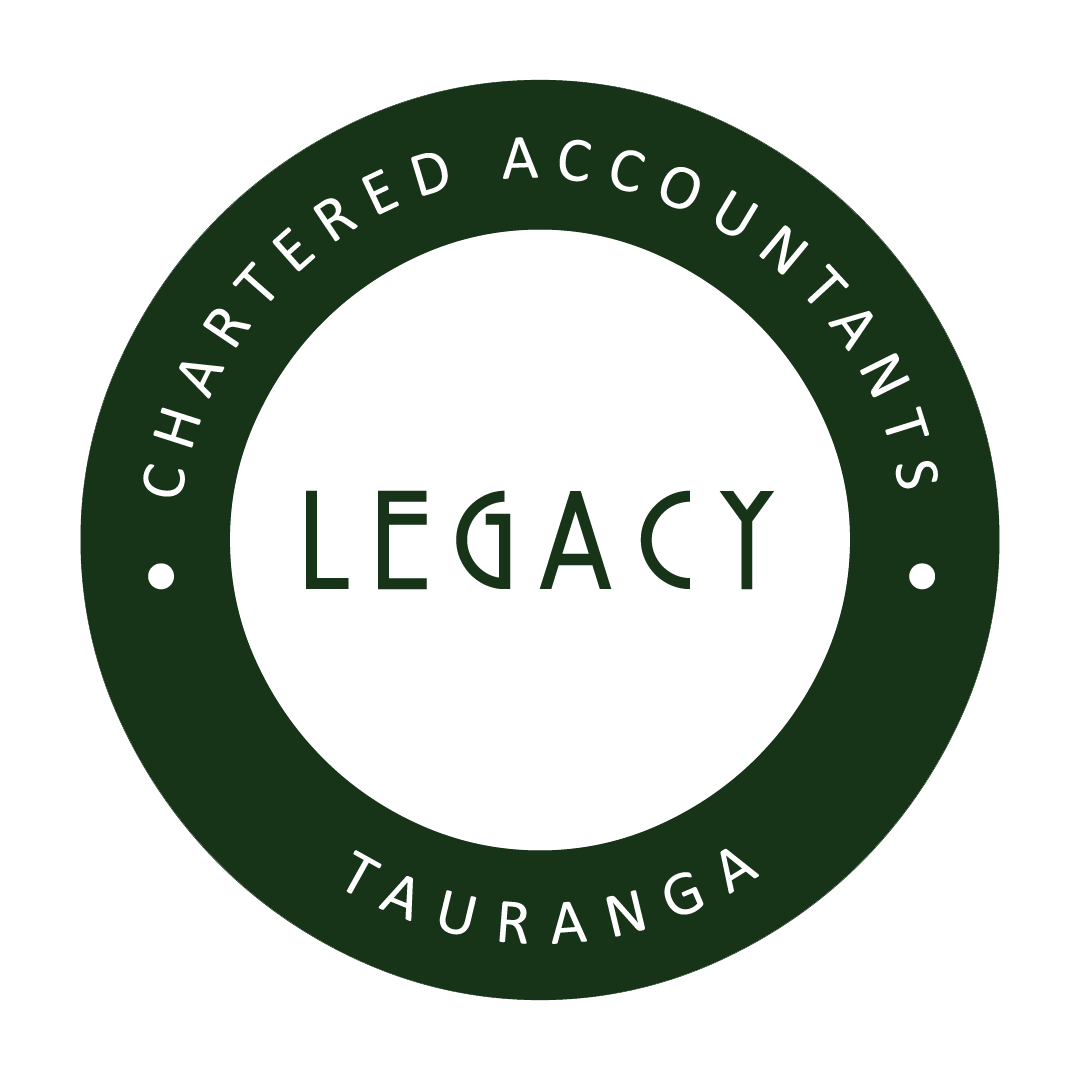Tricky tax questions at Christmas time
Here are some answers to common tax questions at this time of year.
Is our Christmas work party tax deductible? Does it matter whether it is held on business premises?
Expenditure on entertainment is only 50% deductible for tax purposes. This applies to deductions for spending on food and drink or celebration meals, whether they are on or off premises. There are exceptions — light refreshments for employees, such as afternoon tea, are fully tax deductible.
How about hiring items for a Christmas party?
The 50% tax limitation applies to any expenditure on hiring wait staff, crockery, glassware, utensils, furniture, music, or entertainment associated with a Christmas party.
If I take my clients or staff out for Christmas lunch, is it tax deductible?
The cost of taking colleagues out for an end-of-year lunch or dinner would be 50% tax deductible.
Are my gifts to staff and clients tax deductible?
The cost of gifts other than food or drinks is generally tax deductible. If you buy food, drinks, or even supermarket vouchers, this expense is only 50% deductible.Remember, gifts to staff must be under $300 per quarter (including GST) to be fully tax deductible. If the cost exceeds this amount, or if total gifts or discounted services to staff for the year exceed $22,500 FBT will be payable to Inland Revenue. In this instance, costs can still be claimed.
My staff can’t use public transport due to public holiday schedules. Is a transport allowance for them tax deductible? Will I need to deduct PAYE from the allowances paid?
Expenses incurred on reimbursing staff for travel expenses are tax deductible. However, whether the allowance will be taxable to staff, and hence require a deduction of PAYE, depends on the circumstances.An allowance to reimburse extra transport costs to staff is exempt from income tax, depending on whether employees incur the costs in connection with their employment, and for the employer’s benefit.For allowances paid to staff unable to use public transport, the first $5 will be taxable income to the employee, and you would be required to deduct PAYE on the $5. Any additional amount paid will be tax-free provided it compensates the staff member for the additional transport costs.Additional costs are those that staff incur on top of their usual travel costs. Employers need to make a reasonable estimate of the amount of expenditure incurred by the employees. Any costs reimbursed over and above this level or for non-work related reasons require PAYE to be deducted.
What is the tax treatment of cash bonuses for staff?
PAYE must be paid on cash bonuses and included in the employee's wages for the week.
